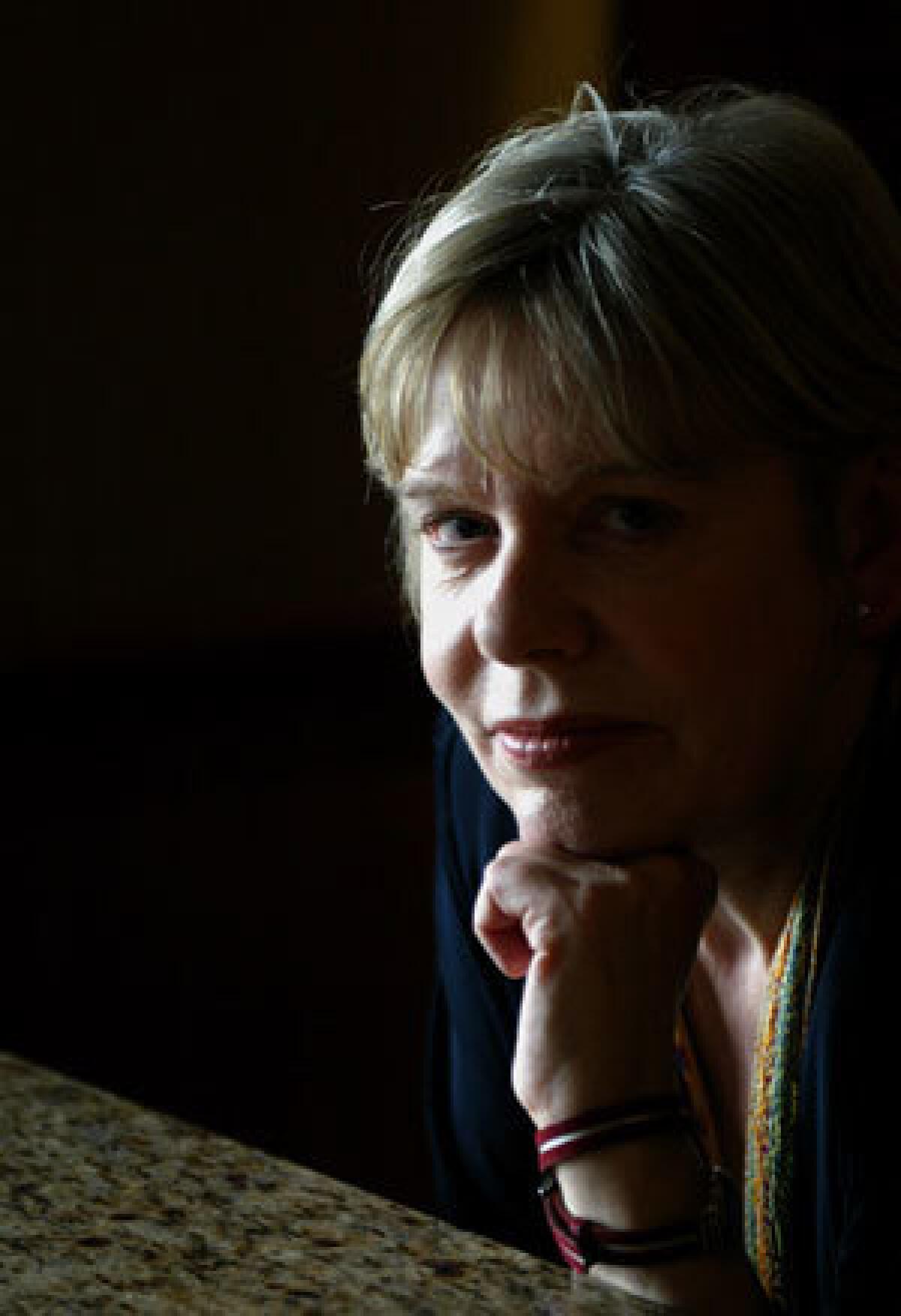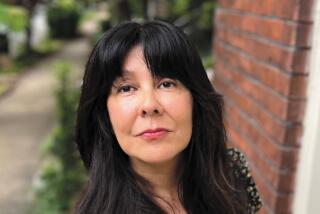Discoveries

Late for Tea at the Deer Palace
The Lost Dreams of My Iraqi Family
Tamara Chalabi
Harper: 414 pp., $27.99
Tamara Chalabi is the daughter of the controversial Iraqi politician and opposition leader, Ahmad Chalabi, one of the leaders of the Iraqi National Congress who served as deputy prime minister in 2005-2006 and who many believe was a source for misinformation about Saddam Hussein’s purported weapons of mass destruction. This would not matter if “Late for Tea at the Deer Palace” were a novel, but her book is a family memoir — perhaps an effort to restore her family’s good name. The author grew up in Lebanon and Jordan; the stories she heard about her Iraqi ancestors seemed increasingly foreign, distant and romantic. She led the dream life of an exile, curious about characters like Bibi, the family’s larger-than-life matriarch. But it was anger, she writes, that inspired her to write this book. Anger for a “country hurled back to the Middle Ages” by Saddam Hussein and anger at the U.S. and other countries for using Iraq to “serve their own agendas.”
So, a caveat: This is a defensive memoir as well as a history written by the daughter of an elite family. Nonetheless, her point is well-taken that the picture of Iraq in the U.S. is colored by war. Beneath the layers of the last several decades is a fascinating culture — the food and the clothing, the matriarchal households that Chalabi describes are lovely and have a restorative effect on the reader. One small way to rebuild a country after war may be to hold a picture of its true beauty, which is what Chalabi does.
Twelve Steps to a Compassionate Life
Karen Armstrong
Alfred A. Knopf: 248 pp., $22.95
Karen Armstrong is a religious historian and the author of 19 books on religion as well as one about her own experiences as a young nun (“Through the Narrow Gate: A Memoir of Life In and Out of the Convent”). An academic, Armstrong’s take on the religious life almost always involves learning, expanding one’s knowledge, reading as a path to enlightenment. “Twelve Steps to a Compassionate Life” began with a 2008 prize from TED (the nonprofit organization Technology, Entertainment, Design). The prize inspired Armstrong to draft, with the help of international organizations and individuals, a Charter of Compassion, an effort to restore the concept of compassion to public perception of the world’s religions and to call for an end to tribalism and narrow-minded greed.
Armstrong writes that contemporary Western culture, capitalist and Darwinian, is heavily biased toward competition and individualism. Her book provides a way to see the world differently. The steps flow from self, family and community outward to compassion, curiosity and empathy for others. One wishes, however, that Armstrong hadn’t chosen a structure and a title that conjure Alcoholics Anonymous. Smugness aside, the book contains many useful tips for widening perspective; reading these ideas over and over and over will surely, some day, bring enlightenment.
The Accident
A Novel
Ismail Kadare, translated from the Albanian by John Hodgson
Grove Press: 265 pp., $24
Ismail Kadare has been writing fiction steeped in history from a front row seat in Albania for more than half a century. He comes at war from many angles — through the eyes of children, politicians, mothers, fathers and artists. “Chronicle in Stone” is this reviewer’s personal favorite, but any of his 18 books will show readers a world without compassion. His new novel, “The Accident,” is a bit of a departure — as if the knot of the political and personal were pulled more tightly. A man and a woman, Besfort and Rovena, are thrown from a taxi and killed in Vienna when it crashes into a median barrier. The driver survives but is unable to describe exactly what happened. Besfort and Rovena were political analysts: Or were they in fact lovers, a prostitute and her client, co-conspirators in a political plot, or a murderer and victim? In the world of rumors both inhabit, with the backdrop of war in Eastern Europe, it is impossible for researchers and detectives to disentangle reality from stories and reports. “The Accident,” ominous and deeply troubling, recalls Gogol’s “Dead Souls” and “The Overcoat.” Souls are separated from bodies in a corrupted world. A gypsy prophesies the end of love, the loss of compassion and empathy — the grave where human potential is finally buried.
Salter Reynolds is a writer in Los Angeles.
More to Read
Sign up for our Book Club newsletter
Get the latest news, events and more from the Los Angeles Times Book Club, and help us get L.A. reading and talking.
You may occasionally receive promotional content from the Los Angeles Times.






